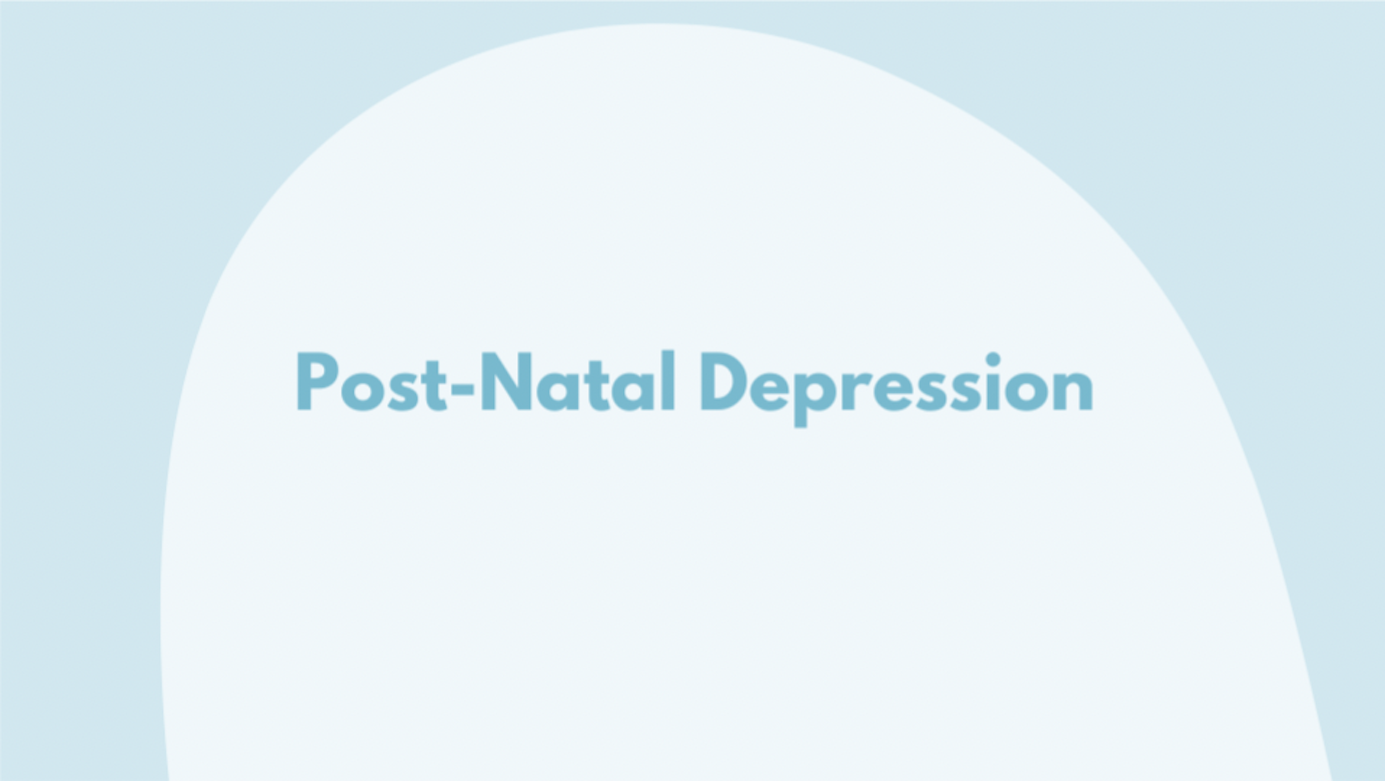
'Baby blues' is not a character flaw or a weakness, it is a common experience that many parents go through post-birth. There is a misconception that only mothers have post-partum depression but it is very common in fathers too.
Depression and anxiety occurring after childbirth is often co-occurring with:
- Lack of interest in the baby, not feeling bonded to the baby, or feeling very anxious about/around the baby
- Feelings of being a bad mother
- Fear of harming the baby or oneself
- Hormonal changes
Many parents after childbirth do not feel like good enough parents, having thoughts like: 'I shouldn't be feeling this way, I'm meant to feel excited'. Other negative thoughts include 'I must be a terrible parent for not bonding with my baby and for not wanting to be around my baby'. This is stemmed from the perfectionistic expectation that parents must always be good, kind and loving around their babies.
Intrusive thoughts are an extremely common symptom - specifically, thoughts of bad things happening to their baby, either by their own hands or by someone else. This often leads to the
parent engaging in compulsive reassuring behaviours such as checking on the baby persistently, calling the daycare or partner multiple times a day. Anger and intrusive thoughts towards the partner is also common.
From a Psychologist's Perspective, here are the techniques we use to help work through these thoughts and feelings...
Positive Reframing:
What do the negative thoughts say about the client, e.g., feelings of not being a good enough parent shows that they are really caring - from an evolutionary point of view, high anxiety keeps their baby protected. When parents are on guard, they are more likely to keep their baby safe - knowing this can help shed the shame.
Hidden Emotion Model:
Parents may hold resentment towards their baby as career plans come to a halt, or resentment towards the partner for not helping out as much as they would like. Rather than supressing these emotions, clients are asked to acknowledge them and make appropriate changes e.g., negotiate more time for the partner to help out. Parents with anxiety have a tendency to be nice all the time, not allowing themselves to be angry/unhappy or to ask people for what they want and need. Knowing this frees clients up to be more in touch with their feelings - gently prompting the client that they could be suppressing something and that it is important to bring it to conscious awareness.
Tackling Cognitive Distortions and Self-defeating Thoughts:
Using thought records, we would ask 'what's one moment in time where you felt really anxious or depressed', and then identify the cognitive distortions associated with that thought. e.g using a should statement 'I should feel loving and happy towards my baby', and a generalisation/label 'I'm a bad parent'. The client and psychologist will tackle these cognitive distortions through reasoning and evidence checking.
Exposure:
There is 0 correlation between intrusive thoughts of harm towards the baby and actual harm committed. Trying to suppress the intrusive thoughts worsens the intrusive thoughts and anxiety/depression because it buys into the idea that having these thoughts is dangerous and will lead to harm. Clients are asked to visualise themself doing the intrusive act. During this, it must be ensured that the client does not engage in suppression or seeking reassurance e.g., a mother might call the daycare to check on her baby every time she has an intrusive thought - this reassurance feeds more power into the intrusive thoughts. Instead, mum is asked to walk through what the worst-case scenario would be, purposefully invoking the panic - and furthermore learning to sit with the panic without trying to suppress it. Going towards the fearful content without suppression will lead the client to realize that these thoughts are just thoughts and they do not lead to harm no matter how much they have them.


